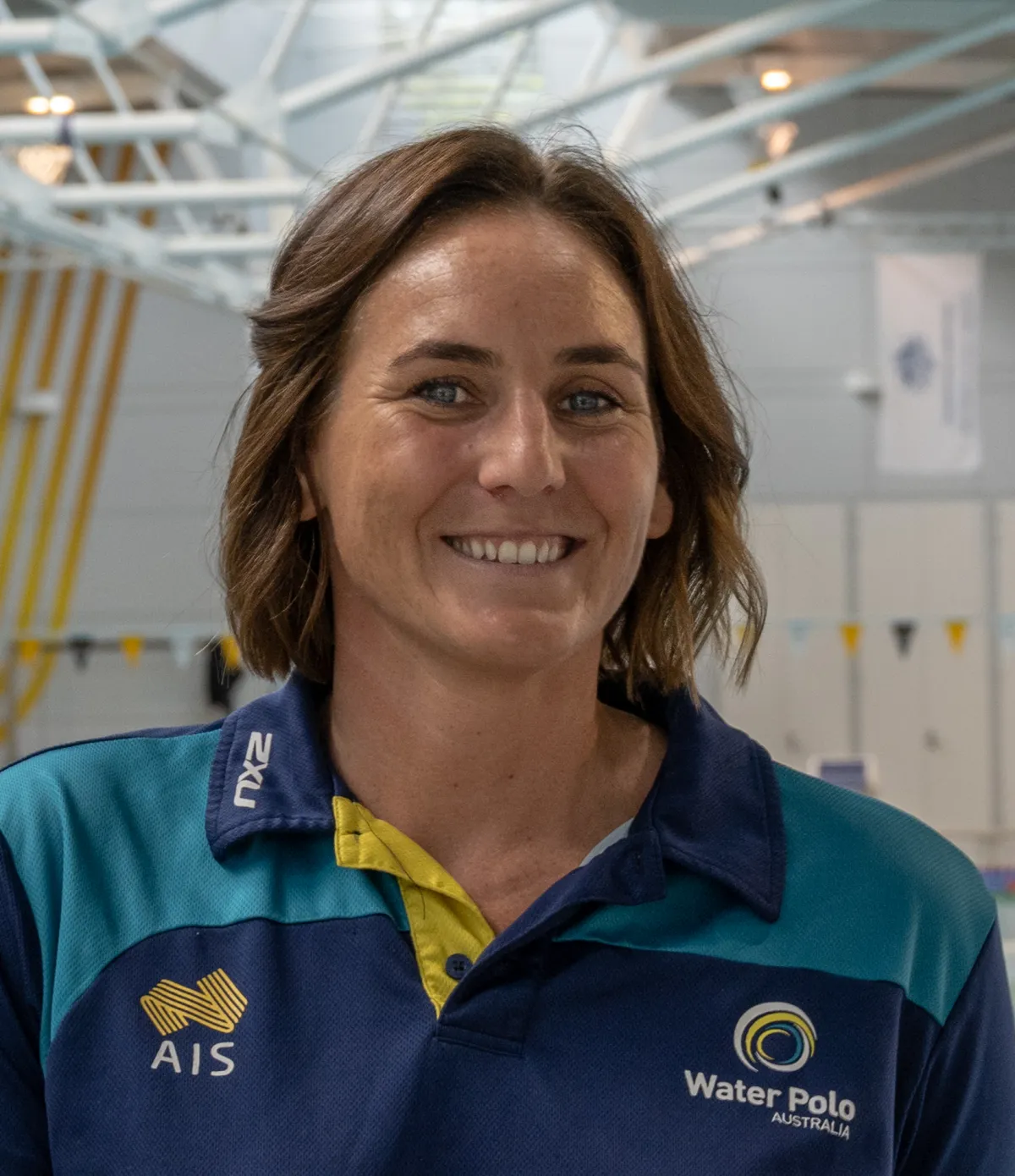
The group also provides an avenue for athletes to raise queries or concerns in a safe and constructive environment, removing the ambiguity surrounding the integrity issues facing sport.
Sport Integrity Australia spoke to four-time Olympian, National Integrity Manager of Australian Taekwondo, Boxing Australia and Judo Australia and current AAG member Bronwen Knox, on the group’s work and impact over the past two years.
Fundamental and positive change is seldom easy, however the collaborative work between Sport Integrity Australia and the Athlete Advisory Group has seen many sustainable changes come into effect.
Bronwen Knox, who is also deputy chef de mission for the Paris Olympics, reflects on her own experience as an athlete and compares it to current day processes that have been aided by Sport Integrity Australia and the AAG.
“When I first became an athlete, the first time I was exposed to anti-doping was when I was being tested,” Bronwen says.
“So having that education piece flow through and having the testing process really out there and known, along with everything else that's now under Sport Integrity’s umbrella, I think athletes now feel a lot more priority in that space and that’s really important to me − making sure that athletes aren't feeling uncomfortable, under pressure or taken advantage of.
Athletes are now more aware. They may not know the answer, but they know where to find the answer.
The AAG promotes real and practical change in part by relying on the expertise and insight of experienced athletes like Bronwen.
Moving from the role of established athlete to AAG member, Bronwen explains how her perspective has shifted and how the group is able to shape change in sport.
“It's been great to hear from different divisions of Sport Integrity Australia, the challenges they're addressing and the opportunities they see for change and being able to put an athlete lens on it and provide feedback directly to those who are looking to implement change in sport,” she says.
“One of the most interesting discussions we had was around the addition of Tramadol on to the World Anti-Doping Prohibited List and whether it should have a one or a two-year lead in.
“For me, I was very black and white on that but other members of the AAG drew attention to important considerations, such as varying selection periods across different sports and competitions.
“I've also seen some really, really positive outcomes, for example we now have plasma donations allowed whereas previously they were prohibited due to the method.
“Similarly, with the education courses we are asked to provide athlete feedback before they are published.”
Each of these changes have athlete needs and fairness at their forefront with thanks to the work of the AAG.
Being a modern-day athlete requires major oversight and discipline on the athlete’s part but an additional layer of complexity which many athletes will face within their careers is the process of international anti-doping tests.
While the processes in Australia might be clear and regimented, factors such as cultural or language barriers can make these already confronting processes even more so when conducted overseas.
Bronwen says that the work of the AAG has had real time and immediate remedial effects on such issues.
“I've had teammates who've had not great experiences overseas with their anti-doping tests who have reached out to me,” Bronwen says.
“Through Sport Integrity Australia I’ve been able to direct their issue down the right channel to not only be addressed but for substantial changes to be made to the process. And while they were still overseas, I was able to provide the athlete with feedback that the issue had been resolved and they helped create positive change.
“I think it’s great to see that it's not just the future focus, it's also what can we do right now to help athletes feel more safe and secure to compete in a fair and clean way.”
As a collective of athletes from varied backgrounds and physical abilities, the AAG represents the greater Australian athlete community.
This collaborative effort ensures the interests of athletes are taken into account on major issues or changes and allows athletes to contribute to the betterment of their sporting environment.
“Being part of the AAG allows athletes to be more community conscious, they can feel like they're giving back to their communities in multiple ways, not just within an athletic performance,” Bronwen says.
The Athlete Advisory Group will next meet in June 2024.
- This article appeared in the March 2024 issue of Sport Integrity Matters magazine.